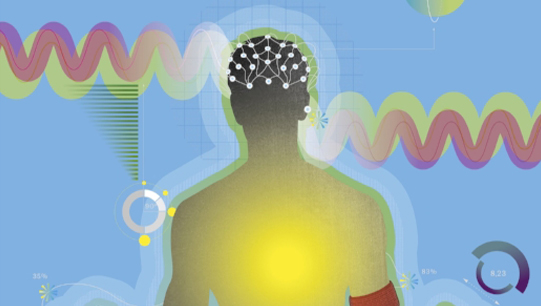Making the Case for The Wellness Moonshot The first global commitment to achieve a world free of preventable disease Statistics show the human and economic costs of not focusing on preventable, chronic diseases are staggering. Discover why achieving The Wellness Moonshot is humankind’s most pressing need. The Global Cost of NOT Focusing on Prevention THE HUMAN COST 69% of all deaths globally each year are…




























































